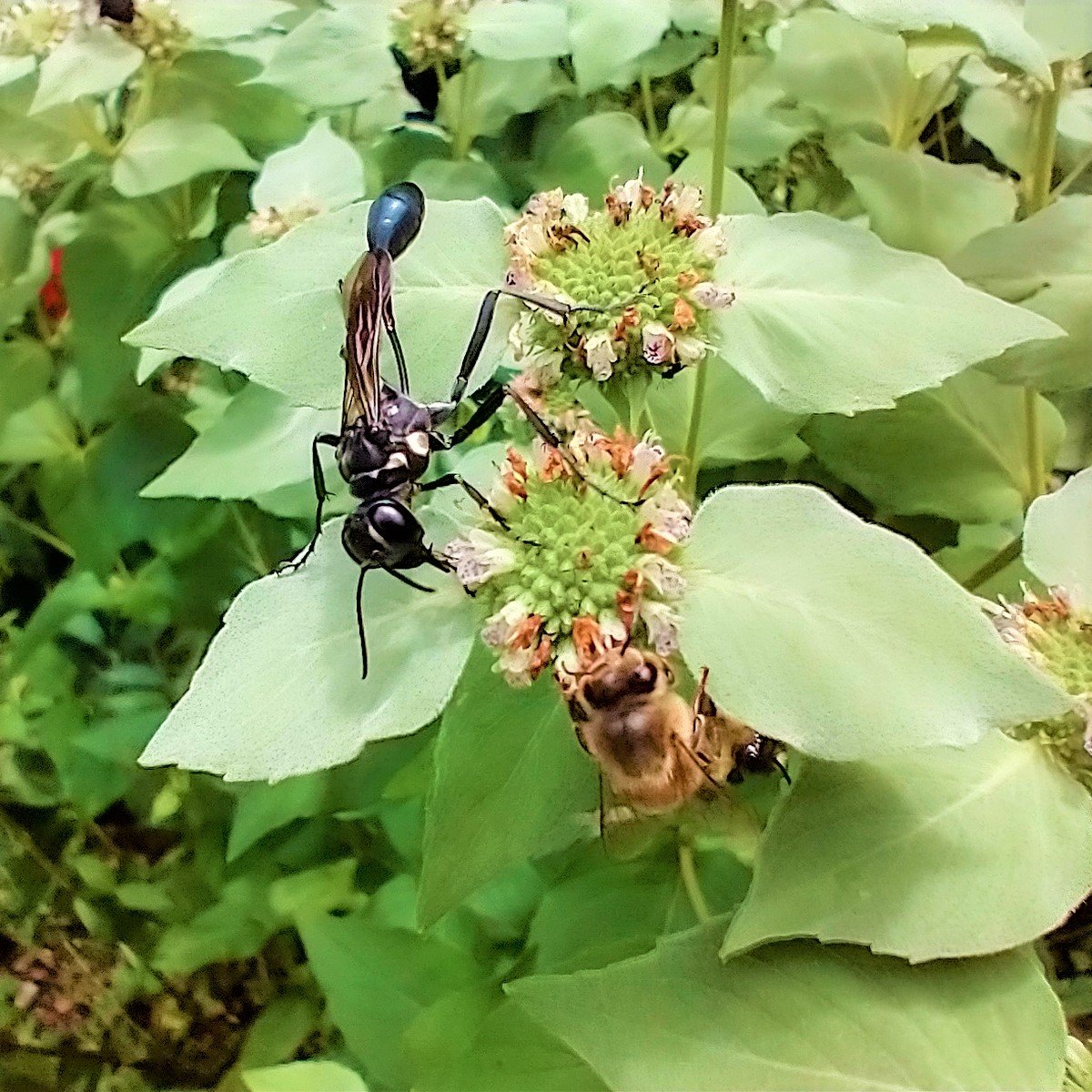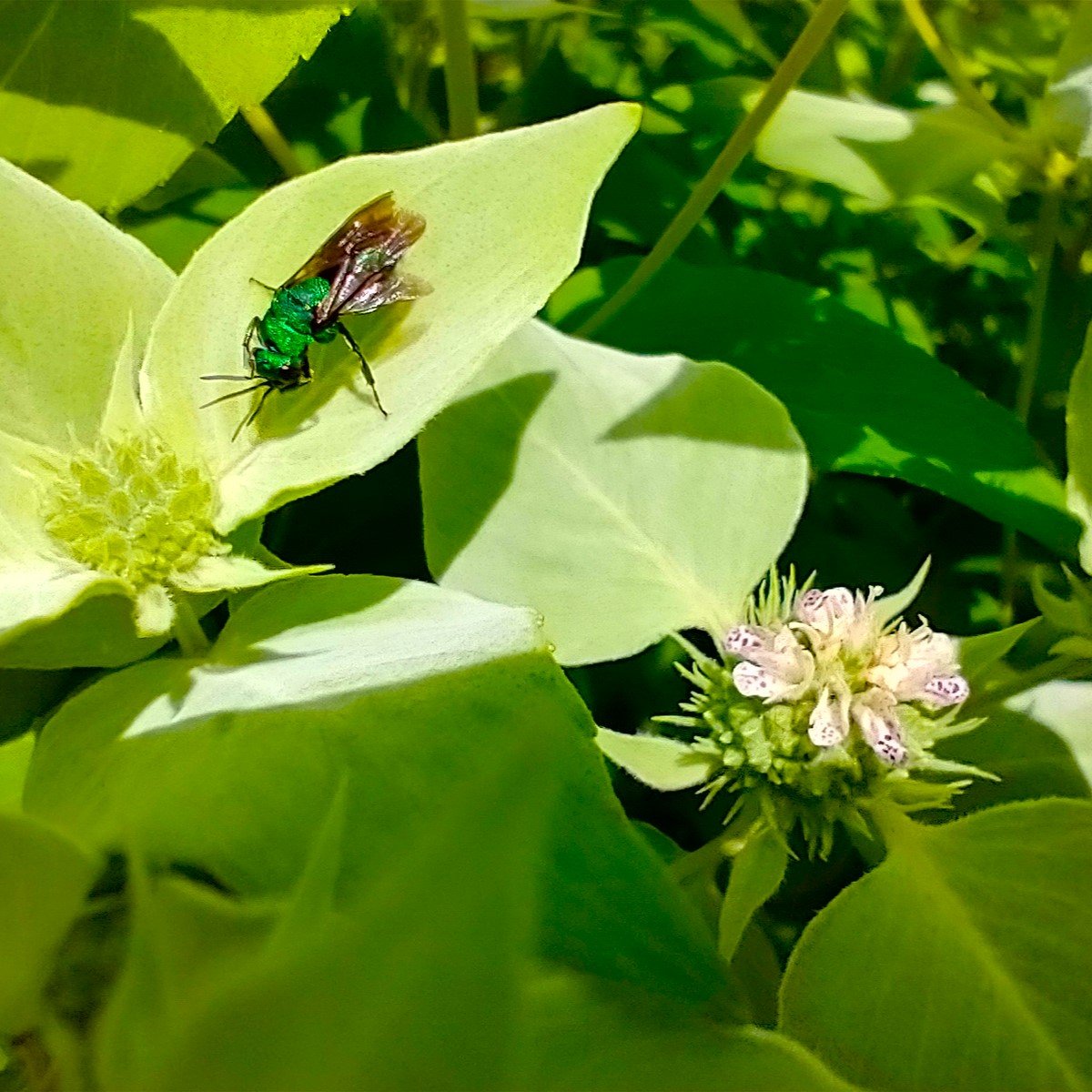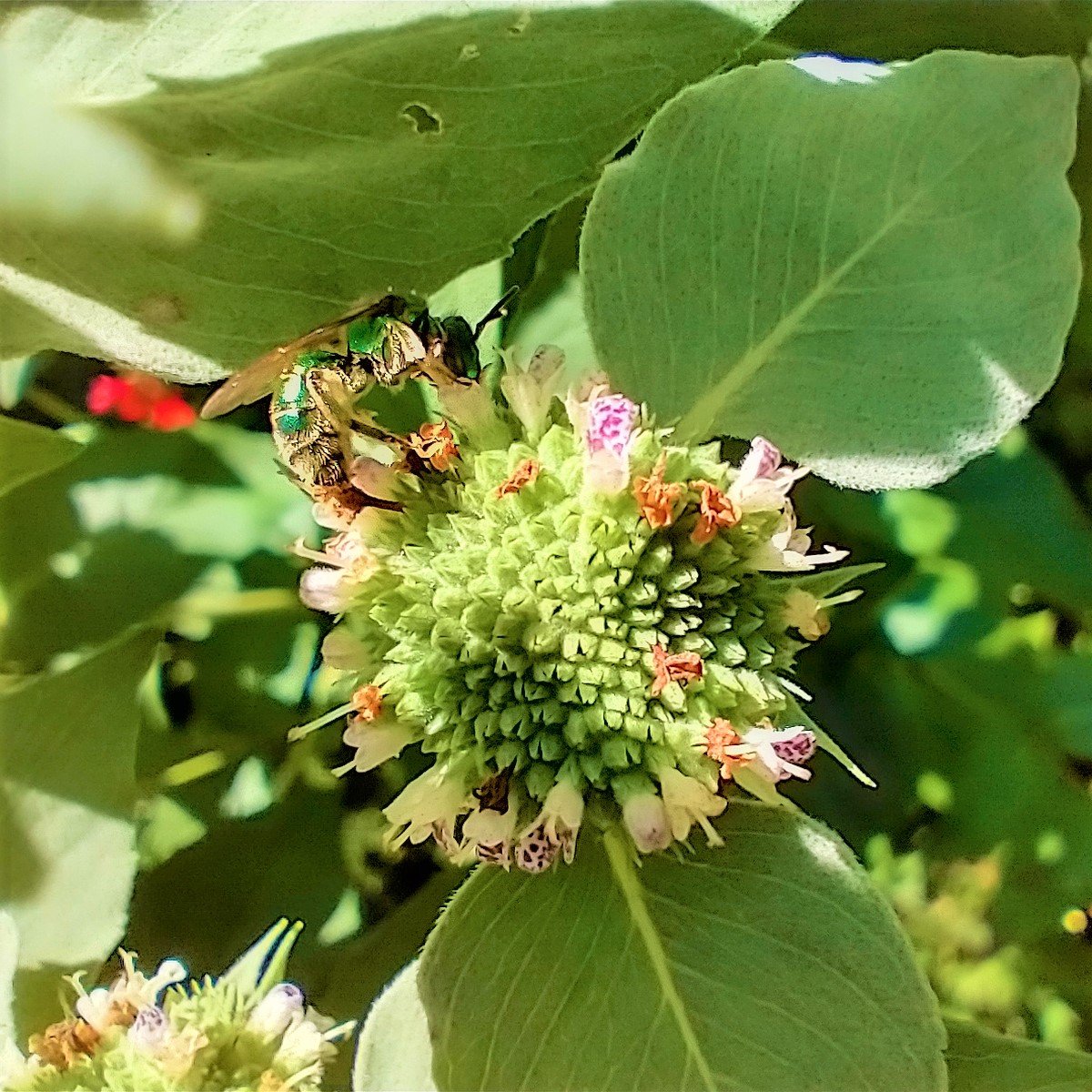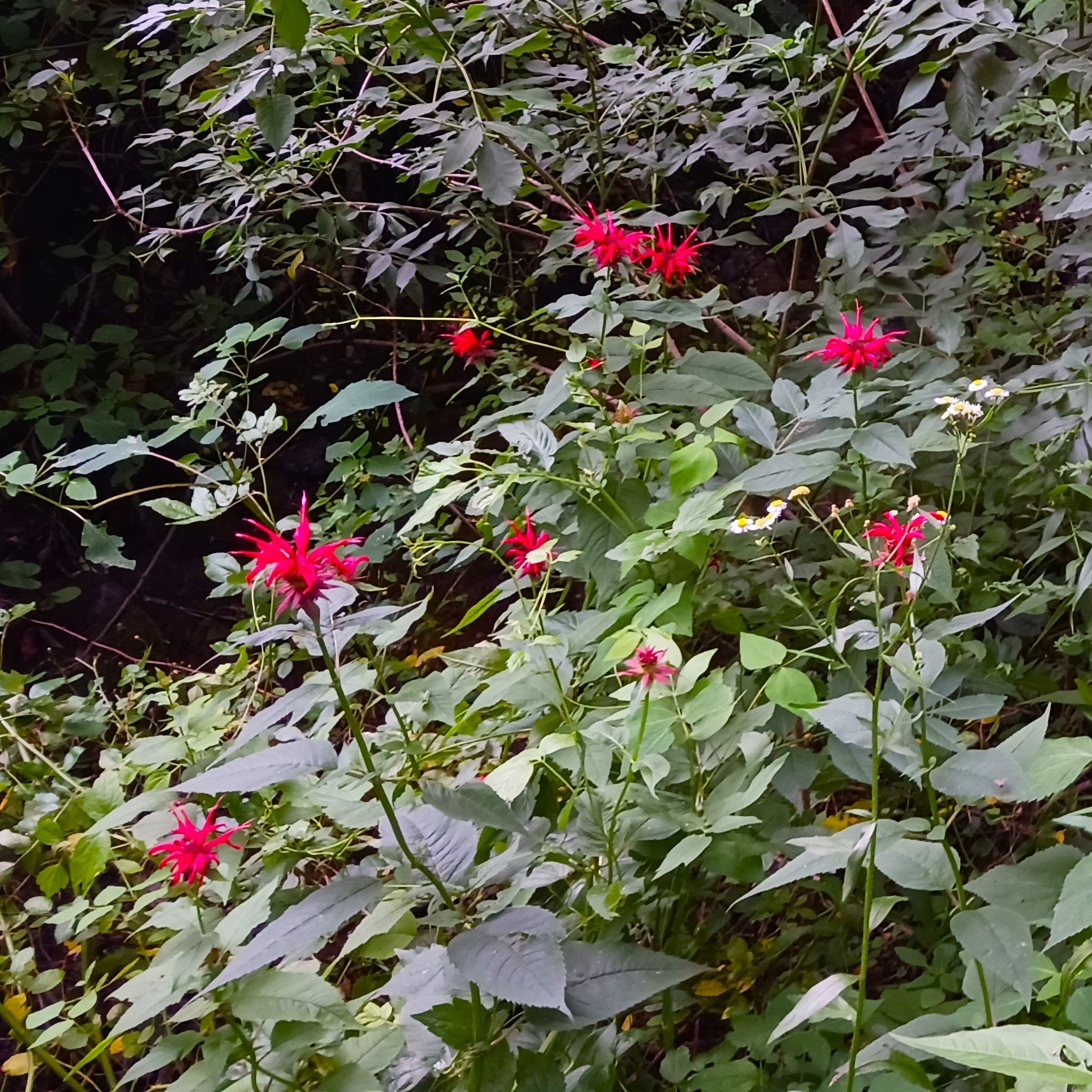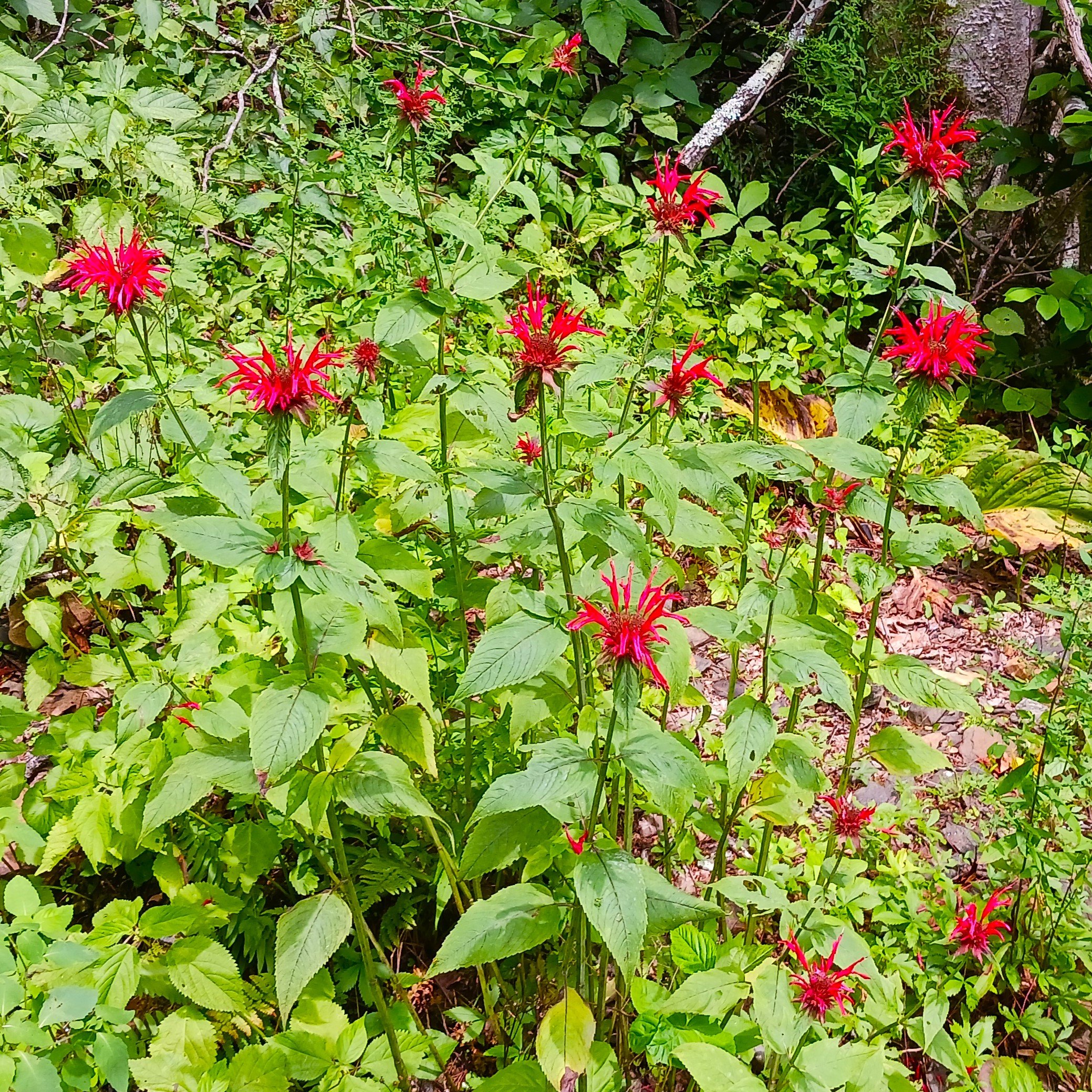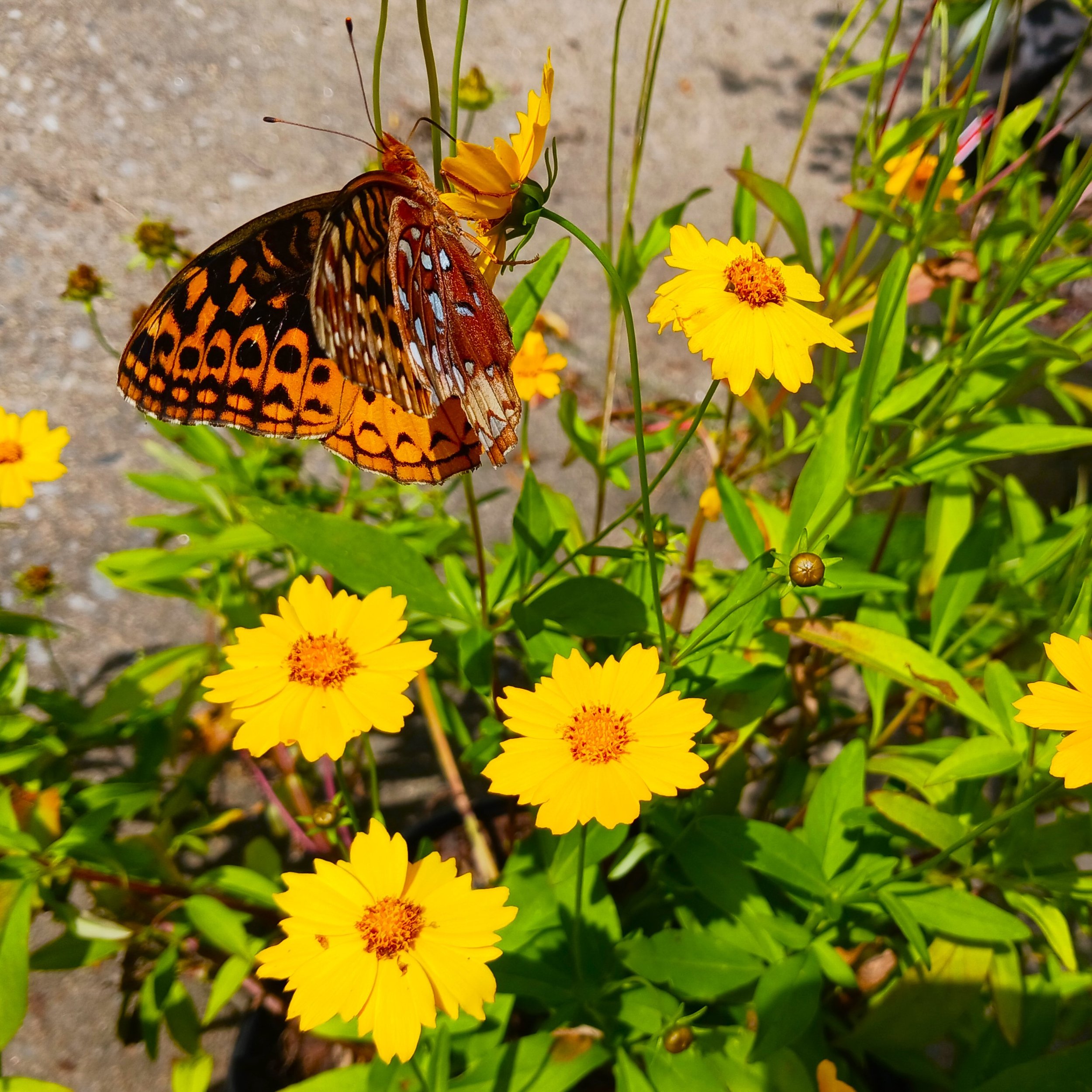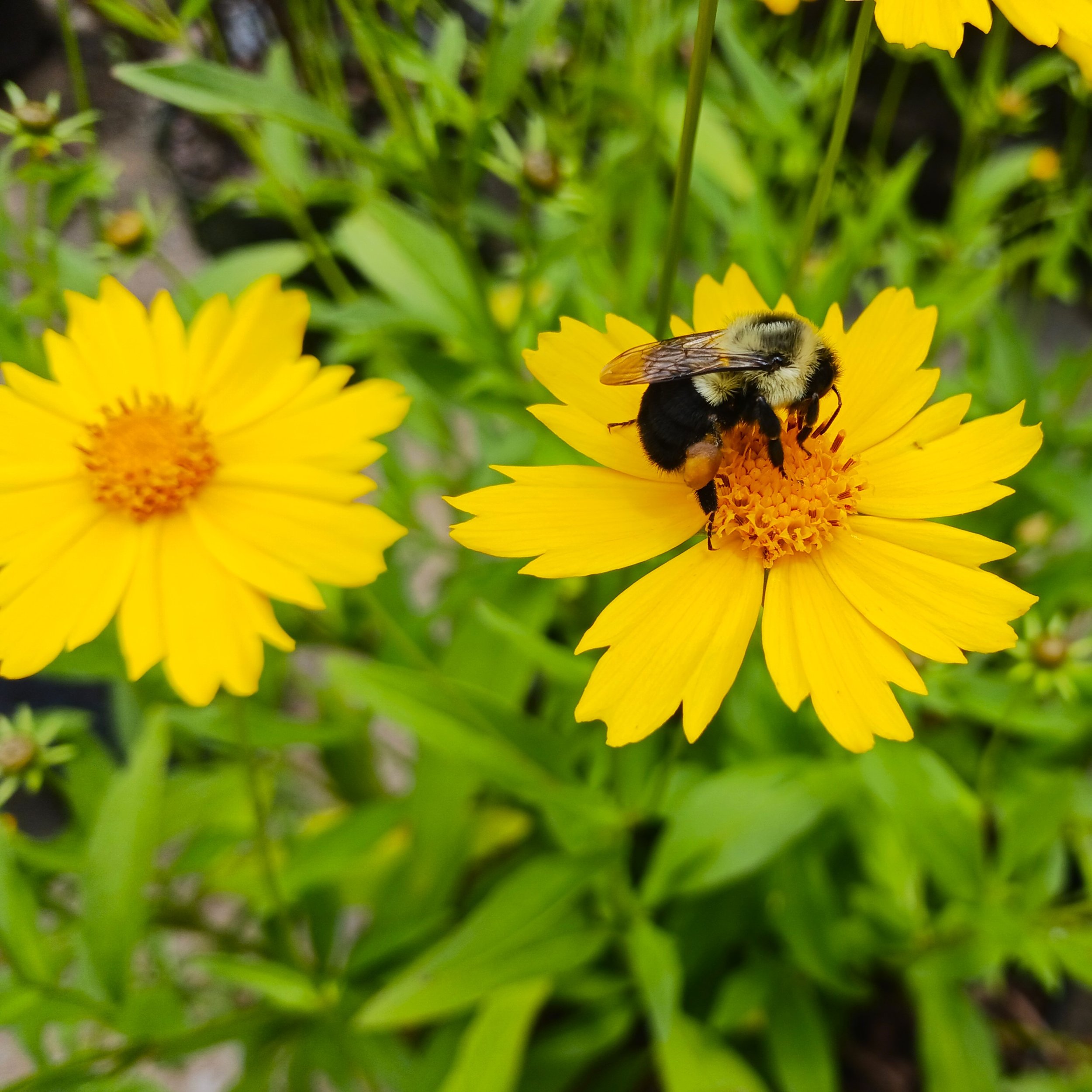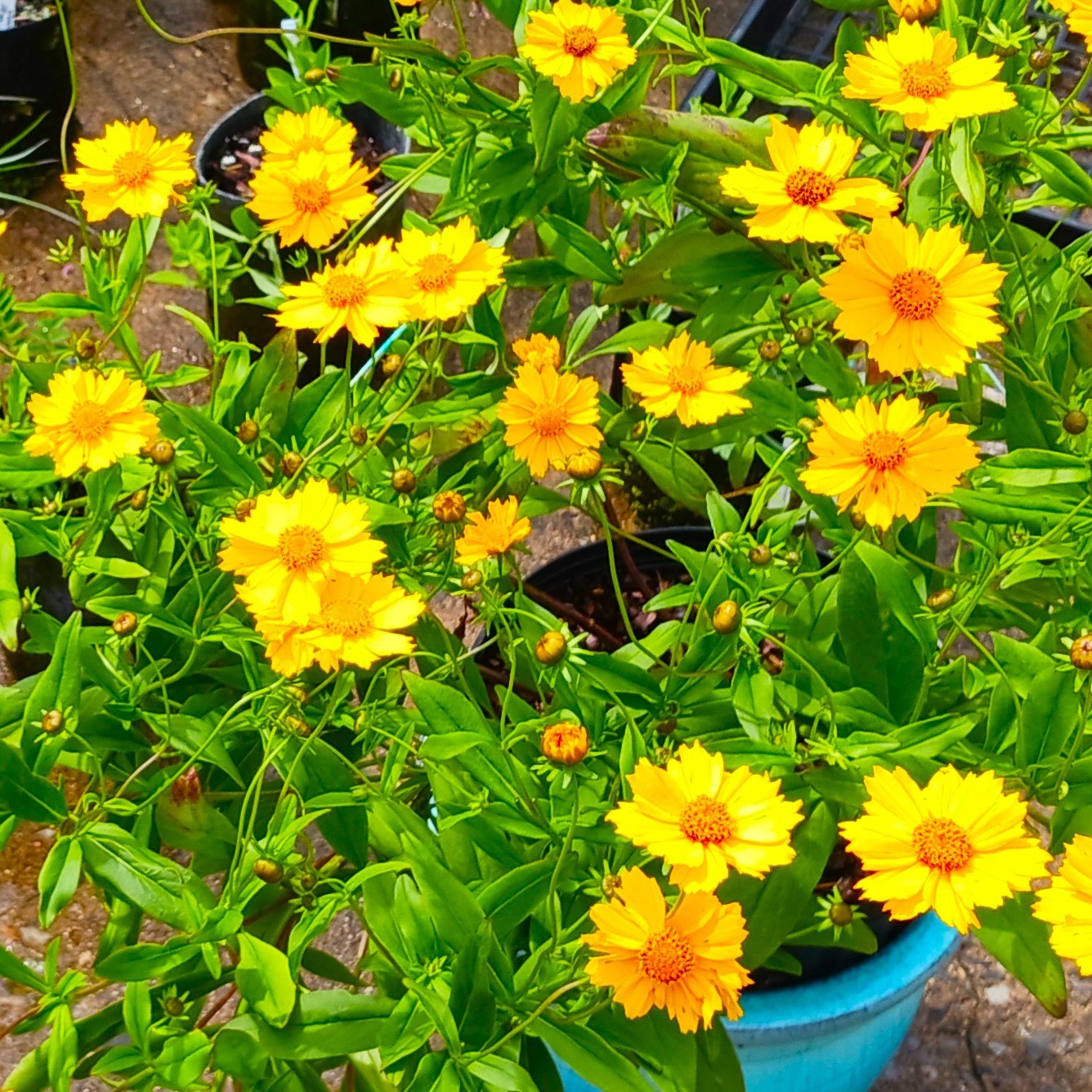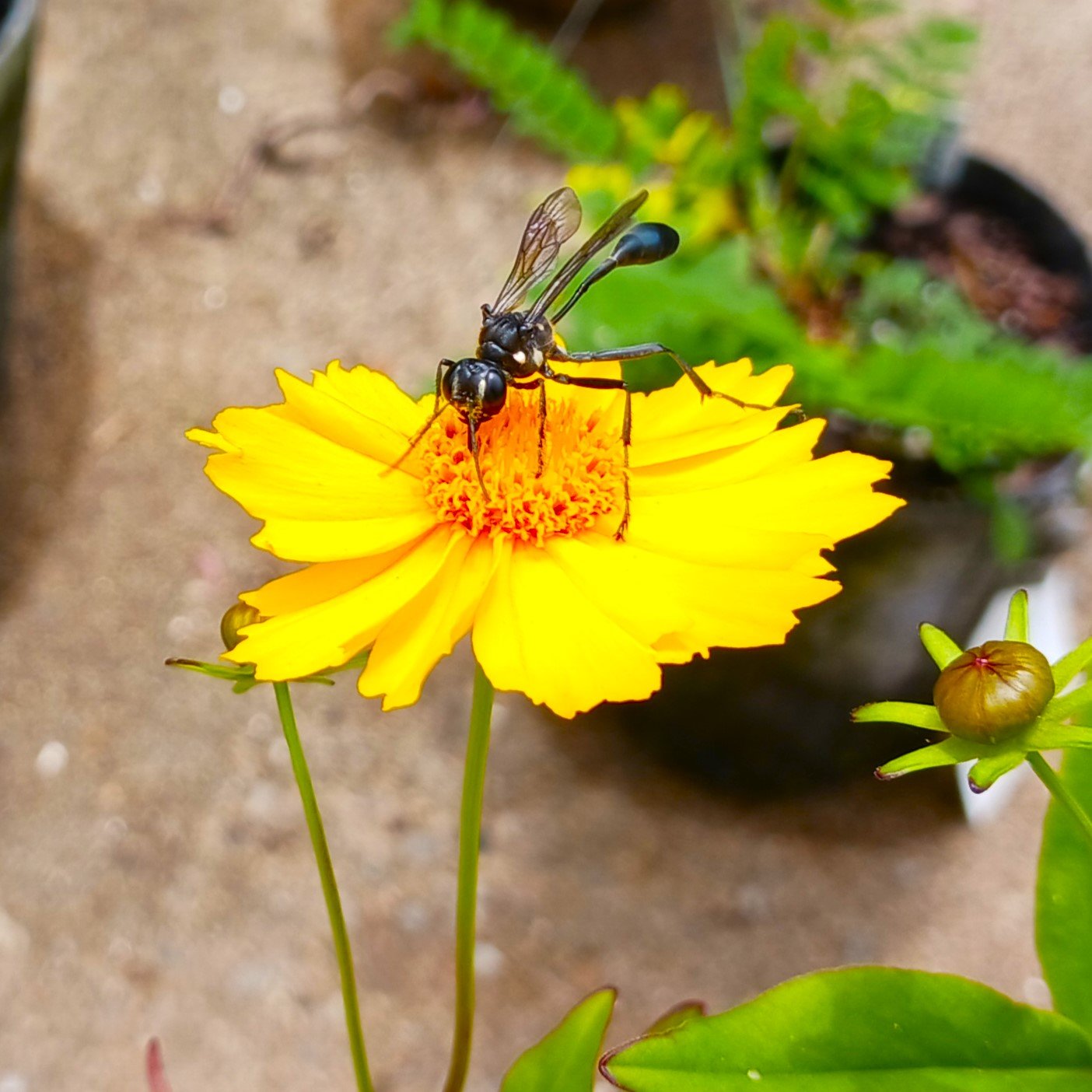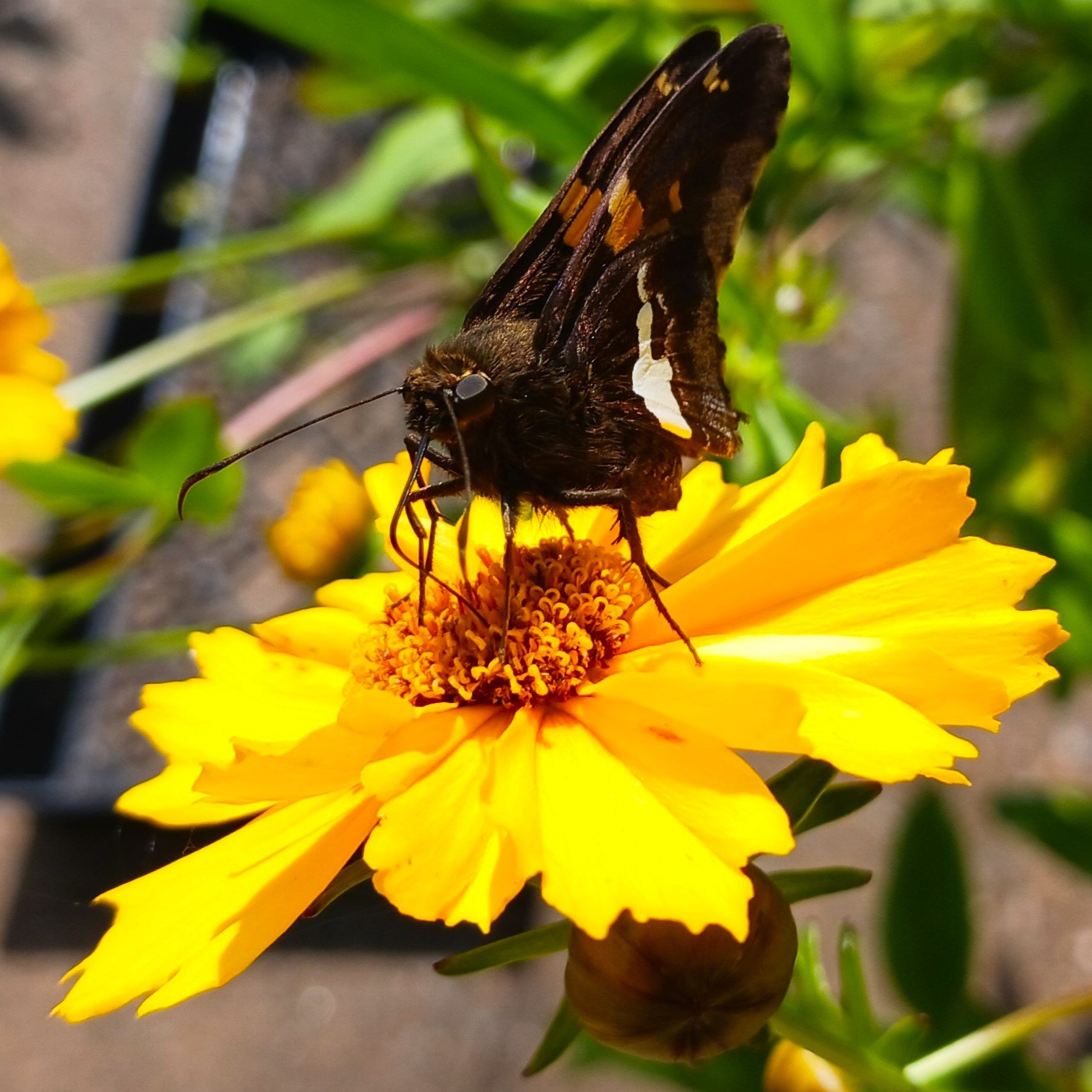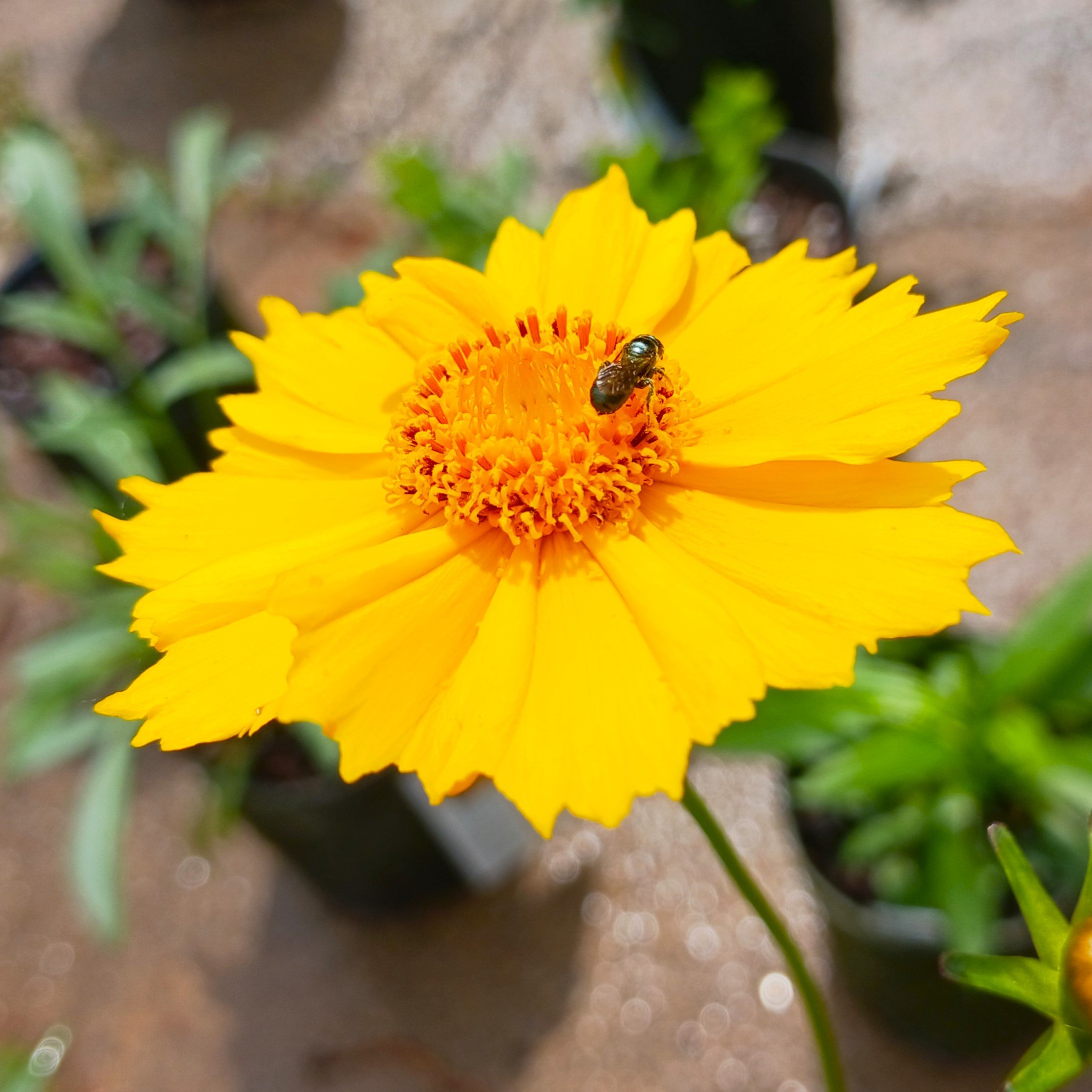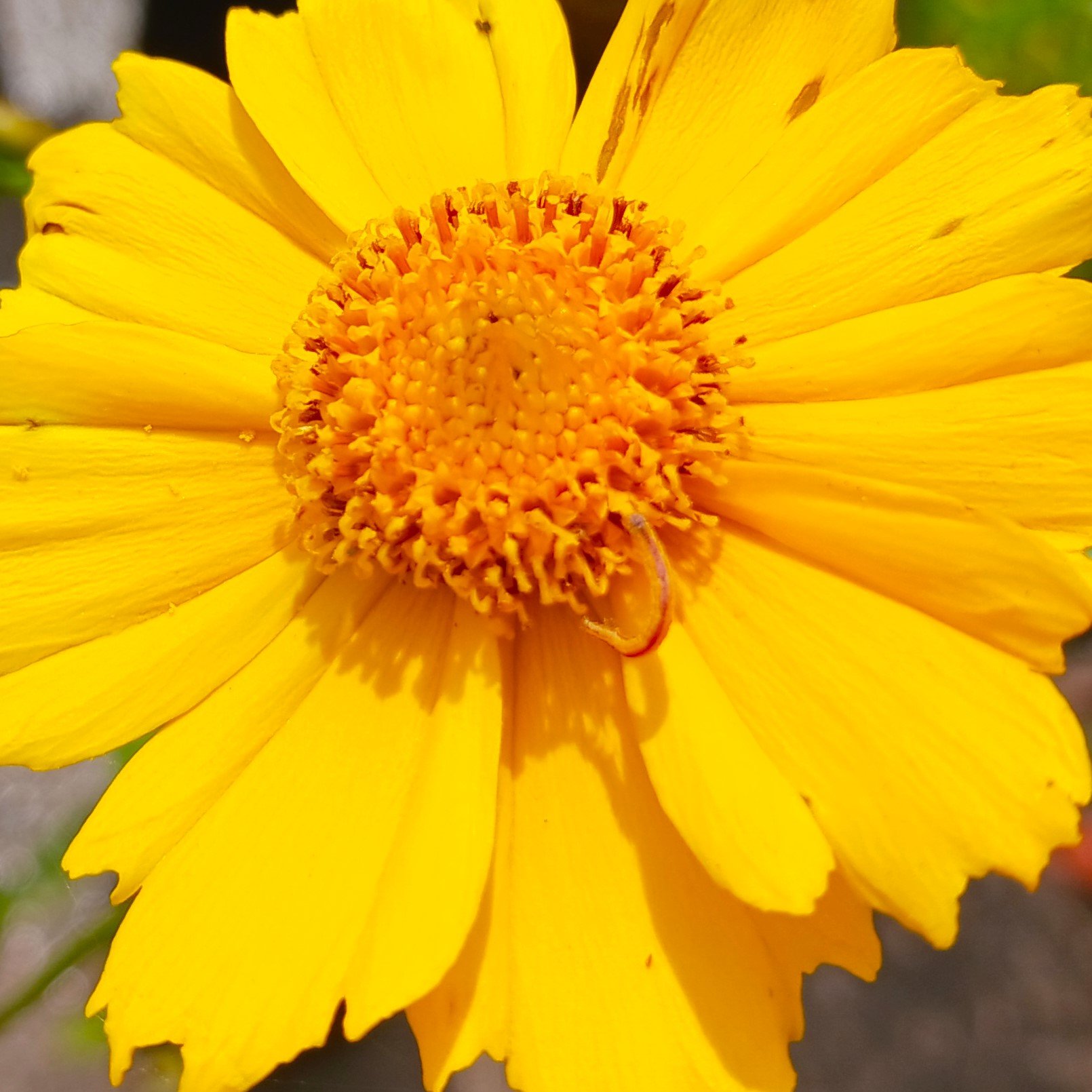Liatris aspera (Rough Blazing Star)
Liatris aspera or Rough Blazing Star is a late summer to fall blooming perennial with tall, show-stopping blooms bursting with pink-violet color. This native wildflower is vital to numerous species of insect pollinators, and it provides food for hummingbirds and songbirds as well, a perfect addition for any sunny landscape, even in dry or narrow spaces.
Liatris aspera or Rough Blazing Star is a late summer to fall blooming perennial with tall, show-stopping blooms bursting with pink-violet color. This native wildflower is vital to numerous species of insect pollinators, and it provides food for hummingbirds and songbirds as well, a perfect addition for any sunny landscape, even in dry or narrow spaces.
Liatris aspera or Rough Blazing Star is a late summer to fall blooming perennial with tall, show-stopping blooms bursting with pink-violet color. This native wildflower is vital to numerous species of insect pollinators, and it provides food for hummingbirds and songbirds as well, a perfect addition for any sunny landscape, even in dry or narrow spaces.
Liatris aspera is a prairie wildflower like most related Blazing Star species, but can tolerate conditions varying from moderate drought to frequent rainfall. It will bloom in part-sun but performs best full sun. This species grows from corms that can be easily divided and transplanted, and can grow well in rocky borders or narrow spaces, including in urban landscapes adjacent concrete sidewalks. Flower stalks can reach 4’ in height but tend to form narrow clumps and grow well in small gardens with other flowers. Flowers may have some fragrance.
Liatris aspera also has significant value to wildlife. While it typically blooms for 4+ weeks ranging from August to October, it is highly sought after by a wide range of bees, butterflies, and other pollinators. Hummingbirds seek out its nectar, and songbirds can feed on Blazing Star seeds in fall and winter. Mammalian herbivores can also browse on Blazing Star shoots and corms.
Pollinators: bumblebees, miner bees, leafcutter bees, long-horned bees, halictid bees, honey bees, butterflies, moths, syrphid flies, bee flies
Host Plant for Butterflies/Moths: Bleeding Flower Moth (Schinia sanguinea)
Wildlife Value: Hummingbirds, songbirds, mammals
Deer Resistance: Edible for deer
Native Region: Southern Appalachian Mountains, Piedmont
Seed Origin: USA
USDA Zones: 3-8
States found in our region: AL, GA, KY, NC, SC, TN, VA, WV
Other states found: AR, FL, IL, IN, IA, KS, LA, MI, MN, MS, MO, NE, ND, OH, OK, SD, TX, WI









